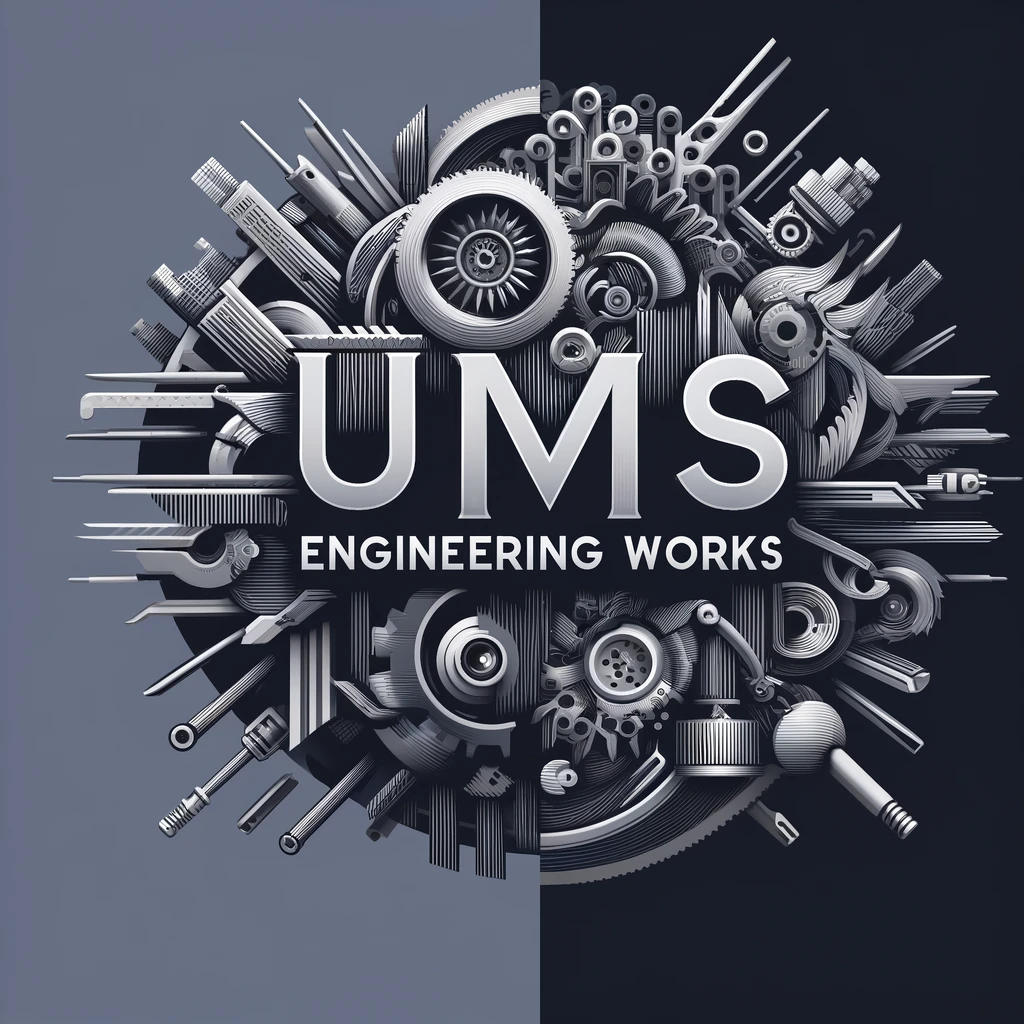The metal fabrication industry is undergoing a major shift towards sustainability as companies seek to reduce their environmental footprint while improving efficiency and cost-effectiveness. Sustainable practices in steel component manufacturing, precision machining, and metal fabrication are becoming essential in meeting global environmental standards and consumer demand. In this blog, we explore the importance of sustainability in metal fabrication, key green technologies, and the future impact on the global steel industry.
1. The Need for Sustainable Metal Fabrication
The metal industry has traditionally been energy-intensive, leading to high carbon emissions and resource depletion. Companies are now embracing green manufacturing practices to:
- Reduce carbon footprint: Implementing low-emission production methods lowers greenhouse gas output.
- Minimize waste: Recycling scrap metal and adopting lean manufacturing techniques cut down material wastage.
- Enhance energy efficiency: Using renewable energy sources in steel fabrication plants lowers reliance on fossil fuels.
- Meet regulatory standards: Governments and international bodies are imposing stricter environmental regulations on metal fabrication processes.
2. Green Technologies Transforming Metal Fabrication
Recycled Steel and Circular Economy
- Recycled steel reduces energy consumption by up to 75% compared to virgin steel production.
- Adopting a circular economy approach allows manufacturers to reuse materials, extending their lifecycle and reducing overall waste.
Energy-Efficient CNC Machining
- Advanced CNC machining technologies now incorporate AI-driven optimization to reduce material waste and energy usage.
- Automated precision machining ensures minimal scrap production and increased efficiency.
Hydrogen-Based Steel Production
- Green steel production using hydrogen instead of coal significantly cuts CO₂ emissions.
- Several companies are investing in hydrogen-powered steel plants to make metal fabrication more sustainable.
Eco-Friendly Coatings and Treatments
- Water-based coatings and non-toxic treatments are replacing hazardous chemicals in steel fabrication.
- Low-VOC (volatile organic compound) finishes contribute to cleaner air quality and safer workplaces.
3. The Future of Sustainable Metal Fabrication
Smart Manufacturing and AI Integration
- AI and IoT are optimizing precision machining processes, reducing energy consumption and waste.
- Digital twins allow manufacturers to simulate and optimize processes before actual production, ensuring sustainability.
Carbon-Neutral Metal Fabrication
- Many leading companies are aiming for net-zero emissions by investing in carbon offset programs and sustainable energy solutions.
- Adoption of solar and wind energy in steel manufacturing plants is rising.
Eco-Conscious Consumer Demand
- Businesses are prioritizing suppliers with sustainable practices to align with their environmental goals.
- Consumers are increasingly demanding eco-friendly products, making sustainability a competitive advantage in the global steel industry.
Conclusion
Sustainability is no longer optional in metal fabrication—it is the future. By adopting green technologies, reducing waste, and improving energy efficiency, steel component manufacturers can stay ahead in the evolving market. The shift towards precision machining, CNC machining, and sustainable steel fabrication is paving the way for a cleaner, more responsible industry.
At UMS Engineering Works, we are committed to integrating sustainable practices into our metal fabrication processes. Contact us today to learn more about how we are contributing to a greener future.
Stay Updated with UMS Engineering Works
Follow us for the latest insights into sustainable steel manufacturing and industry innovations!
